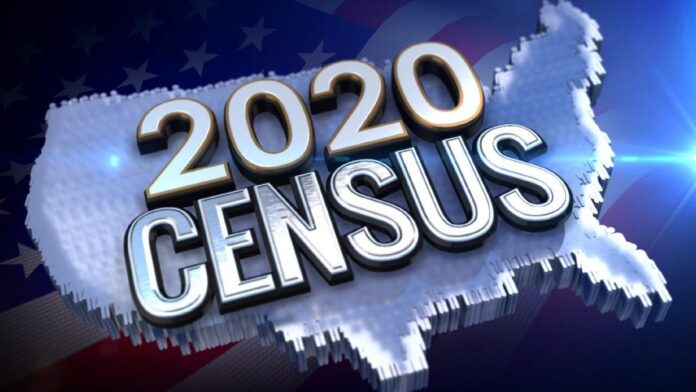Cameron and Hidalgo counties spent $100,000 for a survey company, Pacific Market Research out of Washington State, to ask 800 residents whether or not they would actively participate in the 2020 census if the citizenship question was included.
Hidalgo county officials confirmed that they paid $66,700 toward the April 2018 survey, sharing the $100,000 cost with Cameron County.
Interim Cameron County Administrator Pete Sepulveda Jr. confirmed the county’s one-third share, $33,300, to fund the survey. Sepulveda said participation in the survey was a “pro-active approach” for the county, and “it was time for us to get aggressive to ensure that our residents are completely counted.”
“We have a lot at stake,” Sepulveda said, “and any undercount would take away much-needed resources from the citizens of our community.”
Hidalgo County Executive Officer Valde Guerra said the reason Hidalgo felt it important to partner with Cameron County in the survey was that the facts and figures contained in the results would illustrate the real impact of what not counting “each and every person” would have.
“At the end of the day, it’s hard to argue with actual, verified numbers contained in the survey that demonstrate the real impact for all members of our community,” Guerra said. “Everything is there in black and white.”
San Antonio-based attorney Rolando Rios represented Cameron and Hidalgo counties before U.S. District Judge Jesse Furman in New York in a federal lawsuit that addressed the Trump administration’s contention that the citizenship question must be included in the 2020 Census.
The attorney credits the survey conducted last year as instrumental in obtaining the permanent injunction that prevented the inclusion of a citizenship question on 2020 Census forms.
“Cameron and Hidalgo counties spent over $100,000 for a survey company, Pacific Market Research out of Washington State, and this was ‘oversampled’ in our New York lawsuit by Dr. Matt Barreto, who also testified on our behalf,” Rios said. “We established that anywhere from 8 to 15 percent of the respondents in the Latino community nationwide would not reply if the citizenship question was included on the Census survey.”
Barreto is a professor of political science and Chicano studies at University of California, Los Angeles, and co-founder of the polling organization Latino Decisions. Barreto also served as a top strategist on the Hillary Clinton presidential campaign.
According to Barreto, the Census 2020 Research Project was implemented in order to provide answers as rebuttal to the “Department of Commerce plans to add the ‘required’ citizenship question on the household short form.”
“In response,” Barreto said, “the states of California, New York, and 16 other states, along with 14 localities, sued the Department of Commerce arguing that the inclusion of a citizenship question would harm the quality of the data and lead to an under-count”.
”Among some of the most significant information contained in the surveys is a table ‘Estimated Net Undercount After Imputation in 2020 With Citizenship [question].’”
The “Relative Latino Undercount” ranged from 253% to 886%, according to the survey.
“In Cameron and Hidalgo counties alone,” Rios said, “between 8 to 15 percent of the respondents — 400 in each county — said they would not fill out the survey form if the citizenship question was in there, but they would if it wasn’t.”
The analyzed results and testimony of Barreto proved to be decisive in the submissions Rios made on behalf of Cameron and Hidalgo counties in federal court.
“The citizenship question was also part of the entire nationwide survey that queried Hispanics across the United States,” Rios said. “It was our evidentiary basis which demonstrated that having the citizenship question would be a violation of the Enumeration Clause found in Article 1 of the U.S. Constitution. That clause basically specifies that the government is required to count every person every 10 years. The citizenship question would subvert that count.”
It will take four to five months to print several hundred million forms, Rios said.
Rios cited the impact of a Census undercount on a local level.
“For every person who is not counted,” Rios said, “that amounts to a cost of $2,000 per person over a 10-year period, and it’s the counties who’ll have to make up the difference.”
To read further details of the Census 2020 Research Project, go to: http://mattbarreto.com/research/census2020.html.





